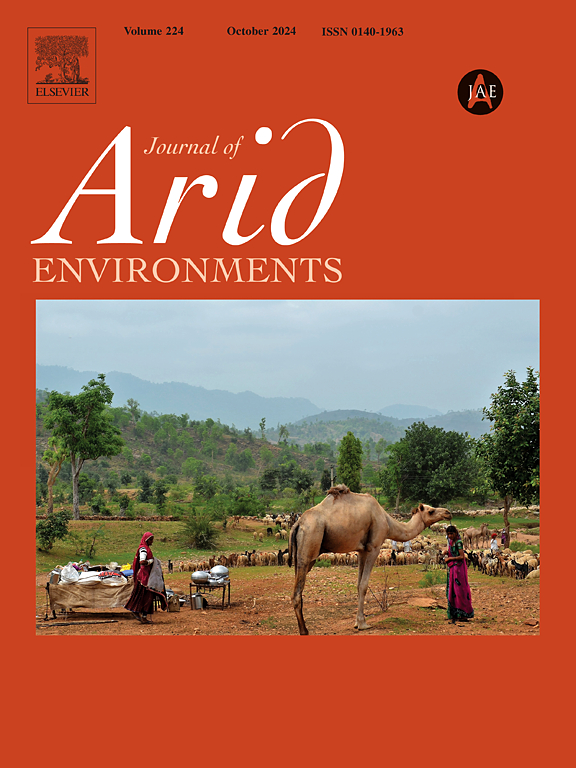人类冲突对旱地水生生态系统的影响:未来管理展望
IF 2.5
3区 环境科学与生态学
Q2 ECOLOGY
引用次数: 0
摘要
干旱地区的水生生态系统是全球最脆弱的生态系统之一,面临着气候变化、人口增长和人类冲突日益加剧的威胁。从历史上看,水资源纠纷一直是紧张局势的重要驱动因素。在过去三十年中,旱地至少发生了59起与水有关的冲突,主要发生在亚洲和非洲,其中约50%的冲突与缺水直接相关。主要的生态后果包括水文连通性丧失、生物多样性下降、水资源短缺和污染加剧以及自然栖息地退化。冲突期间和冲突后缺乏保护工作进一步破坏了这些脆弱的水生生态系统的稳定,侵蚀了它们的复原力。这种环境破坏减少了水的供应和质量,并对人类健康、粮食安全和社会经济稳定构成严重风险。此外,冲突造成的水基础设施破坏和生态系统退化破坏了在实现联合国可持续发展目标方面取得的进展,特别是与清洁水、健康和生物多样性保护有关的目标。应对这些挑战需要加强跨界水资源治理,制定强有力的气候适应战略,并制定国际法律框架,以减轻干旱地区人类冲突对生态的长期影响。本综述探讨了人类冲突对旱地水生生态系统的直接和间接环境影响,并通过强调这些问题紧迫性的关键案例研究提供支持。本文章由计算机程序翻译,如有差异,请以英文原文为准。
Consequences of human conflicts on aquatic ecosystems in drylands areas: Future management perspective
Aquatic ecosystems in dryland regions are among the most vulnerable globally, facing escalating threats from climate change, population growth, and human conflicts. Historically, water disputes have been a significant driver of tension. Over the past three decades, at least 59 water-related conflicts have occurred in drylands, predominantly in Asia and Africa, with approximately 50 % of these conflicts directly linked to water scarcity. The primary ecological consequences include the loss of hydrological connectivity, declining biodiversity, heightened water scarcity and pollution, and the degradation of physical habitats. The lack of conservation efforts during and after conflicts further destabilizes these fragile aquatic ecosystems, eroding their resilience. Such environmental disruptions reduce water availability and quality and pose serious risks to human health, food security, and socioeconomic stability. Moreover, the destruction of water infrastructure and ecosystem degradation caused by conflicts undermine progress toward achieving the United Nations Sustainable Development Goals (SDGs), particularly those related to clean water, health, and biodiversity conservation. Addressing these challenges necessitates enhanced transboundary water governance, robust climate adaptation strategies, and the development of international legal frameworks to mitigate the long-term ecological impacts of human conflicts in dryland regions. This review explores the direct and indirect environmental effects of human conflicts on aquatic ecosystems in drylands, supported by critical case studies that underscore the urgency of these issues.
求助全文
通过发布文献求助,成功后即可免费获取论文全文。
去求助
来源期刊

Journal of Arid Environments
环境科学-环境科学
CiteScore
5.70
自引率
3.70%
发文量
144
审稿时长
55 days
期刊介绍:
The Journal of Arid Environments is an international journal publishing original scientific and technical research articles on physical, biological and cultural aspects of arid, semi-arid, and desert environments. As a forum of multi-disciplinary and interdisciplinary dialogue it addresses research on all aspects of arid environments and their past, present and future use.
 求助内容:
求助内容: 应助结果提醒方式:
应助结果提醒方式:


